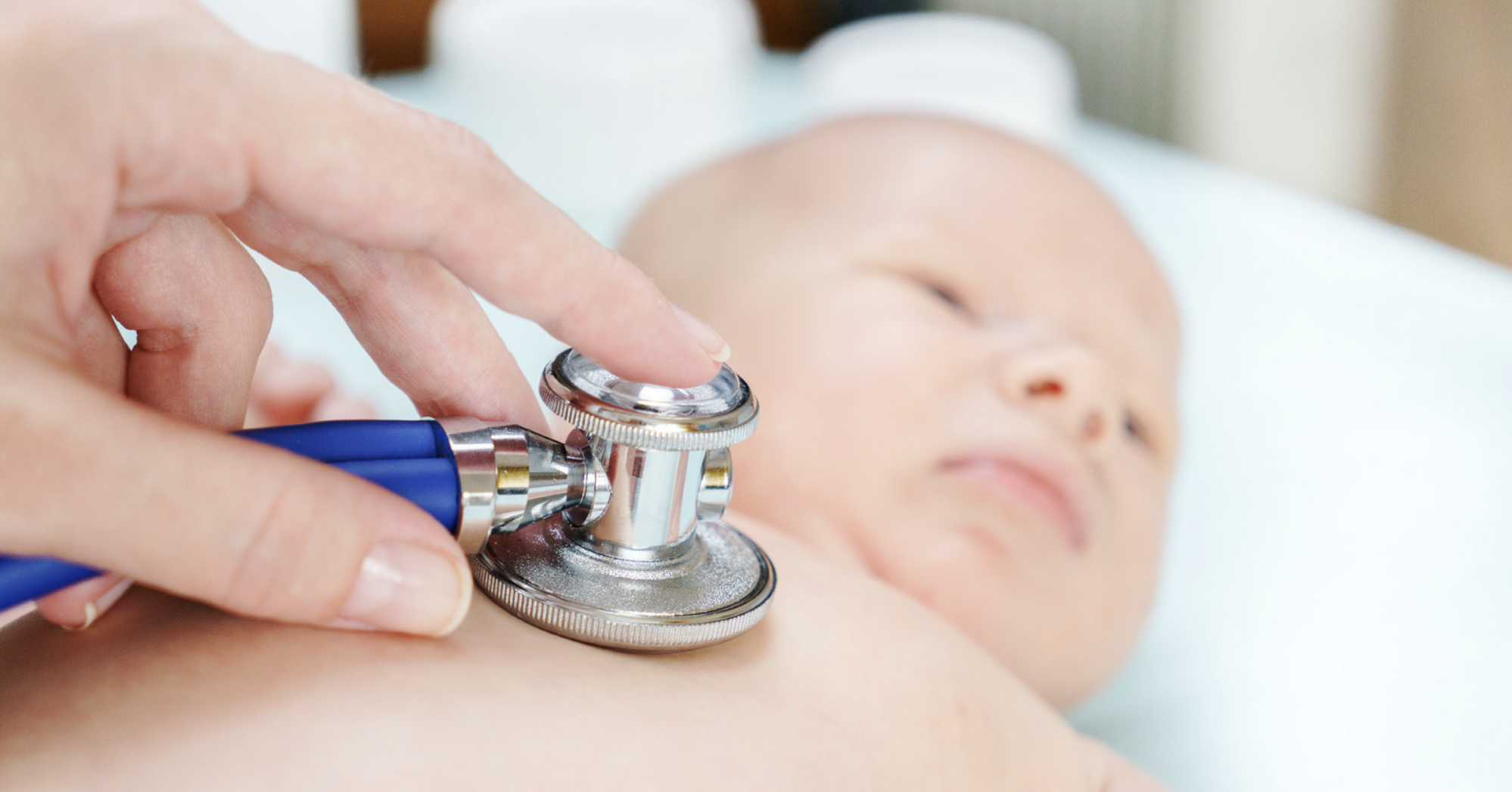Kirsten Fisch, MSN, RNC-MNN, IBCLC, LCCE Kirsten is a women's health nurse who specializes in high-risk pregnancy and postpartum care. She is certified in Maternal Newborn Nursing, a board-certified lactation consultant (IBCLC), and a Lamaze-certified childbirth Educator. She works with women from conception through postpartum. Passionate about empowering women during their reproductive journeys, Kirsten combines evidence-based care with compassionate support to promote health and well-being for mothers and babies.
Bringing a new life into the world is a miraculous experience, but the postpartum period comes with its own set of challenges for new mothers. One such challenge that often catches women by surprise is postpartum night sweats. While sweating at night is common for many people, the intensity and frequency experienced by new mothers can be alarming. In this blog post, we’ll delve into the causes of postpartum night sweats, ways to manage them, and when it might be necessary to seek medical advice.

What are Postpartum Night Sweats? Postpartum night sweats refer to excessive sweating that occurs during sleep in the weeks following childbirth. This phenomenon is a normal part of the postpartum recovery process and affects a significant number of women. While the exact cause of postpartum night sweats isn’t fully understood, hormonal fluctuations, increased metabolism, and the body’s efforts to rid itself of excess fluid accumulated during pregnancy are believed to play a role.
Causes of Postpartum Night Sweats:
- Hormonal Changes: During pregnancy, a woman’s body undergoes significant hormonal shifts to support the developing fetus. After childbirth, hormone levels drop rapidly, which can trigger night sweats.
- Increased Metabolism: The body’s metabolism remains elevated after giving birth, as it works to repair tissues and restore pre-pregnancy physiology. This increased metabolic activity can lead to excessive sweating, especially at night.
- Fluid Shifts: During pregnancy, the body retains extra fluid to support the growing baby. After childbirth, the body eliminates this excess fluid, often leading to increased urination and sweating as the body adjusts to its pre-pregnancy state.
Managing Postpartum Night Sweats: While postpartum night sweats can be uncomfortable and disruptive to sleep, there are several strategies that new mothers can employ to manage them:
- Stay Hydrated: Drink plenty of water throughout the day to stay hydrated and replenish fluids lost through sweating.
- Dress in Layers: Wear breathable, lightweight clothing to bed and consider using moisture-wicking sheets or bedding to help regulate body temperature.
- Keep the Bedroom Cool: Maintain a cool and comfortable sleeping environment by using fans or adjusting the thermostat.
- Practice Good Sleep Hygiene: Establish a relaxing bedtime routine and prioritize sleep to help manage stress and promote better sleep quality.
- Use Absorbent Bedding: Place absorbent pads or towels on the bed to protect the mattress and make cleanup easier if sweating occurs.
When to Seek Medical Advice: In most cases, postpartum night sweats are a normal and temporary part of the postpartum recovery process. However, there are certain circumstances where it’s important to seek medical advice:
- Persistent or Severe Symptoms: If night sweats persist for more than a few weeks after childbirth or are accompanied by other concerning symptoms such as fever, chills, or fatigue, it’s important to consult a healthcare provider.
- Signs of Dehydration: If excessive sweating is causing dehydration or electrolyte imbalances, seek medical attention promptly.
- History of Medical Conditions: Women with a history of medical conditions such as thyroid disorders or hormonal imbalances should discuss their symptoms with a healthcare provider, as these conditions can affect postpartum recovery.
Postpartum night sweats are a common occurrence for many new mothers and are usually a temporary inconvenience rather than a cause for concern. By understanding the underlying causes and implementing effective management strategies, women can navigate this aspect of the postpartum period with greater ease. However, it’s important to be vigilant for any persistent or severe symptoms and seek medical advice if necessary to ensure optimal postpartum health and well-being.

Kirsten Fisch, MSN, RNC-MNN, IBCLC, LCCE Kirsten is a women's health nurse who specializes in high-risk pregnancy and postpartum care. She is certified in Maternal Newborn Nursing, a board-certified lactation consultant (IBCLC), and a Lamaze-certified childbirth Educator. She works with women from conception through postpartum. Passionate about empowering women during their reproductive journeys, Kirsten combines evidence-based care with compassionate support to promote health and well-being for mothers and babies.



